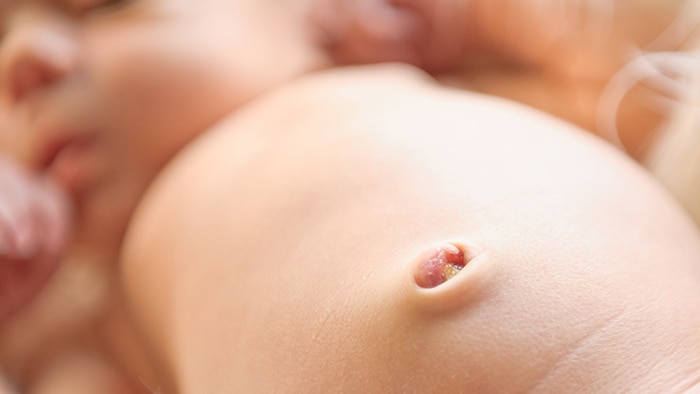
Feeding for baby
Human milk microbiome and infant health
May 2021

In Germany, midwives play a key role in births, with the authority to carry out preventative examinations - and accompany births at home, in hospitals and at birthing centers. Before and after birth, they are a trusted source of information, highly involved in the mother's emotional and physical wellbeing, and provide a depth of empathy and comfort for both parents. Behind the scenes of nurturing and newborns, the midwife's work continues. There are administrative responsibilities, the requirement of continued education, and the need to build (and maintain) a healthy practice.
This month, on the 2021 International Day of the Midwife, the International Confederation of Midwives (ICM) celebrates midwives. The theme this year is "Follow the data: invest in midwives". "We now know that achieving universal coverage through midwife-led continuity of care could avert 67% of maternal deaths - and 64% of newborn deaths by 2035," said ICM President, Franka Cadée1. This would allow 4.3 million lives to be saved annually by 20352. This and other data has the power to boost governmental support of midwives, and help achieve the UN's Sustainable Development Goal 3.1:"By 2030, reduce the global maternal mortality ratio to less than 70 per 100,000 live births." To put these numbers in context, UNICEF reports 211 deaths per 100,000 live birth in 2017, with over 800 mothers dying each day3. Investing in midwives can make a huge impact. The tendency is to look at low-income and medium-income countries to achieve the UN's development goals - and with good reason. But with the call to "invest in midwives", it also pays to look closer to home - at the support midwives receive in Germany.
The annual average income of a German midwife is between €22,000 and €27,000. This is quite a contrast with the average gross salary is €58,800 reported in the Stepstone Gehaltsreport 2020. Reimbursements from insurance companies remain low, at €7-€9 per phone call, sms or online engagement under 30 minutes - and €20-€25 every 30 minutes for help with complaints lasting over 30 minutes. Regardless of whether a home (or online) visit takes 3 hours or 30 minutes, a midwife receives only €30-€35, based on a 20-minute consultation. These earnings must offset the annual cost of birth insurance, at a rate of €8000-€9000 - which, if not paid, prevents midwives from attending their clients' births. Then there's office expenses, transportation and other costs4. It's not surprising that German midwives are having trouble making ends meet - and often find themselves being forced to expand their services by offering workshops or classes to earn more income. Or even stopping with their work altogether.
There is plenty of room for improvement. After years of decline, birth rates are growing again - and midwives are in demand. Unfortunately, the German Midwives Association (DHV) has noted a shortage of midwives, and the closing of delivery rooms. This shortage places even more pressure on midwives, who are already working overtime - many without adequate compensation, or even at times for free. All this during a time when the mother's expectations are so high, during a period in their lives when they depend on their midwife so intensely. As stated in the study, Potential impact of midwives in preventing and reducing maternal and neonatal mortality and stillbirths1, "To realize the potential [impact of midwives], midwives need to have skills and competencies in line with recommendations from the International Confederation of Midwives, to be part of a team of sufficient size and skill, and to work in an enabling environment." It is the hope that the 2021 International Day of the Midwife - along with the start of the Decade of the Midwife - will attract concrete help in meeting the urgent needs of midwives around the world, as well as in Germany. So midwives can thrive in an enabling environment that appreciates their true value in our society.
Share this article:
Keep up-to-date on Philips Avent products and the Philips Avent Academy for Midwives. Including articles, training and events, and new Philips Avent Academy Talks and webinars. Just fill in the form, and we’ll send you a confirmation email. We look forward to staying in touch!
Register now to receive Philips updates and get in touch with our dedicated team!
References